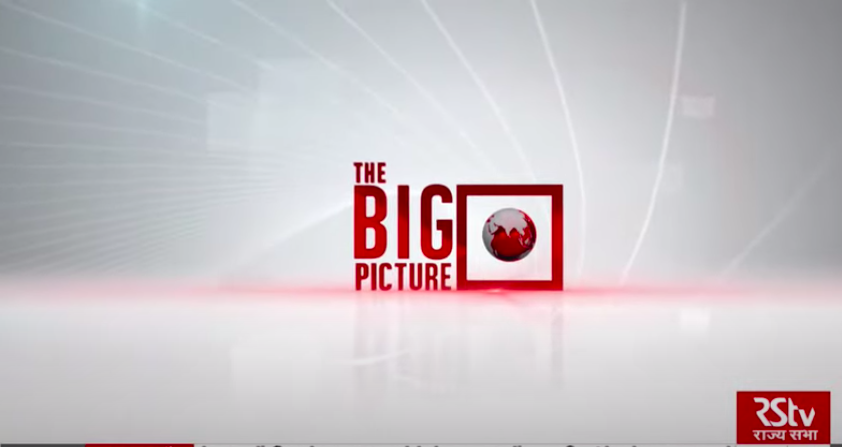Rajya Sabha TV programs and discussions are very insightful and informative from a UPSC perspective. In this article, we provide a gist of the RSTV Big Picture debate on the need for reforms in multilateral institutions. This topic is important for the international relations section under the UPSC syllabus.

Anchor: Vishal Dahiya
Participants:
- Prof. Harsh V. Pant, Head, Strategic Studies Programme, ORF
- Dilip Sinha, Former Permanent Representative, United Nations
Context
A joint statement has recently been issued in the BRICS Foreign ministers meet making the case for the reformation of multilateral institutions such as IMF, World Bank, WTO, and WHO.
Background
List of important multilateral institutions:
| World Bank | IMF |
| UNSC | WTO |
| WHO | BRICS |
Need for these reforms
- There has been a long overdue demand for reforms in multilateral institutions like the UN Security Council, a call for a new economic order, reforms in global financial institutions.
- The dissatisfaction with the status quo and rise of new political powers – India, Japan, Brazil: demanding a greater role and the rise of China as a revisionist power.
- On a global scale, the fractures are becoming very evident (Reluctance in sharing of vaccine technology by developed countries).
- Highjacking of multilateral institutions by developed countries.
- USA withdrawal from UNESCO (cheque book diplomacy).
- Manipulation of WHO by China.
- WTO’s defunct appellate jurisdiction mechanism.
- An impasse in UNSC on most issues.
- Contradictions in the present order itself and inadequacy of contemporary institutions to handle global issues.
- WHO failure in curbing Covid-19.
- In UNSC, China wouldn’t want India to be a permanent member.
- China undermining ICJ’s ruling on the South China Sea dispute.
- Rise of 3Is:
- Ideas: Global minimum corporate tax.
- Ideologies: Beijing Consensus.
- Issues: Proliferation of cryptocurrencies, TRIPS waivers in the face of the pandemic.
- The politicization of multilateral institutions:
- Multilateral institutions, in reality, are never neutral. They accommodate prevalent power realities in their functioning and if powers at the helm are contradicting each other, the multilateral system is bound to fail.
- There is more loyalty to the country that provides more funding.
What kind of reforms are required?
- UNSC Reforms
- Reforms in global financial institutions like IMF.
- Reduce the voting powers of the USA which holds a virtual veto in the decision-making process of IMF.
Issues in reforming the order:
- Inability to generate consensus on the nature and working of multilateral institutions. According to Brahma Chellaney – While China wants a multipolar world and a unipolar Asia, the US wants a multipolar Asia but a unipolar world.
- Minilateral system and issue-based ephemeral coalitions are on the rise (QUAD) to cater to the short term demands. But this doesn’t create any dependency bonds between countries.
- Reduced legitimacy and credibility of contemporary institutions due to the inability to solve the problems. (P5+1 and IAEA haven’t been able to stop Iran from producing nuclear weapons ).
- Unlike the cold war era, India cannot afford to remain unaligned in present times.
- Hostile neighbours: China and Pakistan (Pincer strategy of China and the threat of a 2 front war).
- A change in outlook towards Israel due to strategic exigencies.
Way forward:
- Like-minded countries need to come forth and form alternative groupings towards which other countries can gradually be a member. For example – BRICS can be expanded with the Next-11 countries (Indonesia, Mexico, Turkey).
- But these alternatives cannot replace global institutions in the long run which provide systematic and prolonged support in case of a crisis. For this, we require structural reforms in the present multilateral groupings.
Read all the RSTV articles in the link.
| Related Links | |||
| UPSC Mains Exam | Government Exams | ||
| NCERT Notes | TRIPS | ||
| South China Sea Dispute | Non-Aligned Movement | ||
Comments